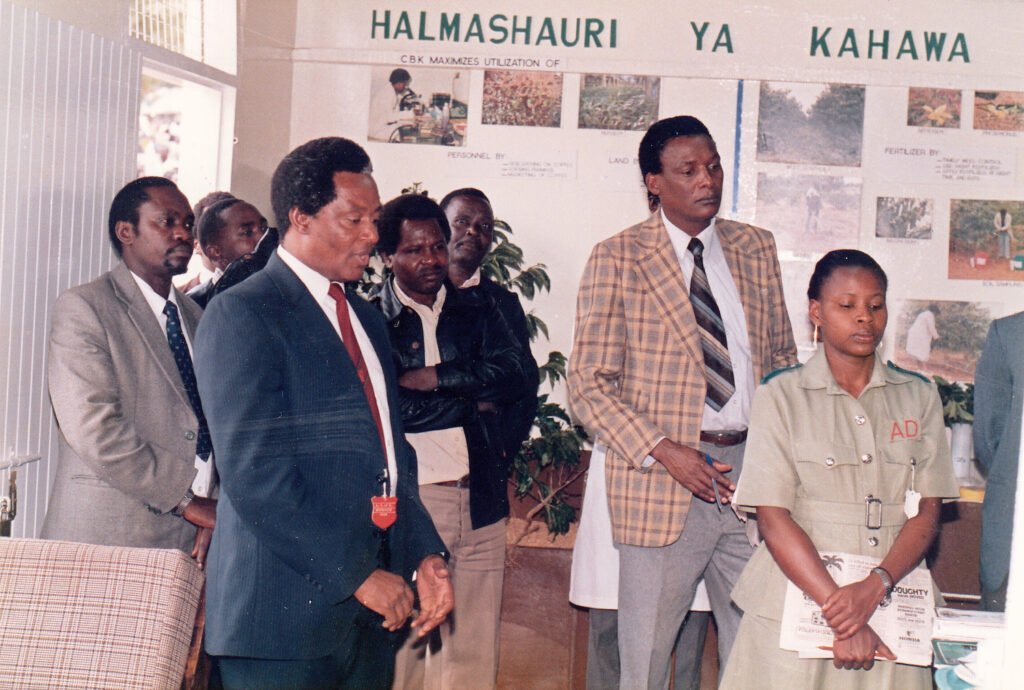“Being taught by a young female lecturer was useful because I could tell them, ‘been there, done that’, including travelling on bicycles to visit farmers,” says Dr Kaaria.
Her PhD studies at University of Minnesota put her on a firm path to a career in research and international development. It all began in Malawi where while attached to the Malawi Office of the World Agroforestry Centre (ICRAF), she conducted research among rural farming communities between 1996 and 1997 during her PhD in Natural Resource Economics.
“Malawi changed my life. I had never seen that kind of poverty in my life. At that moment I realized that it was going to be important that my research should not only lead to publications but should always aim to improve the livelihoods of rural communities.
She would go ahead to work as a senior scientist at the International Center for Tropical Agriculture (CIAT) in Colombia and then later in Uganda, with her research aiming to develop participatory tools for catalysing rural innovation processes and increasing access and benefits from market opportunities, by poor and marginalised groups, especially women.
“The women farmers that we worked with initially lacked the courage to speak up in meetings, and would often be found sitting right at the back, behind the men. In the end, I was happy to see some of them join the market committees and go out to look for markets for their produce. And not only that, they made enough to buy themselves Chitenges (African print cloth).
If you can make a difference in Malawi, you can make a difference anywhere,” says Dr Kaaria. Before taking up her latest job at AWARD, she was the team leader for gender at FAO in Rome, Italy, from where she led a team of gender experts that were developing tools, methods, and generating data needed to support governments and other stakeholders to integrate gender in agricultural and food security policies, programmes and strategies.
“One of the things that COVID gave us was the moment to reflect. After 9 years away, I started asking myself, ‘is this it? Is there something I can contribute to Africa’? I came to AWARD with a lot of excitement. My vision is to make it the go- to institution when it comes to promoting gender equality in agriculture in Africa,” says Dr Kaaria.


